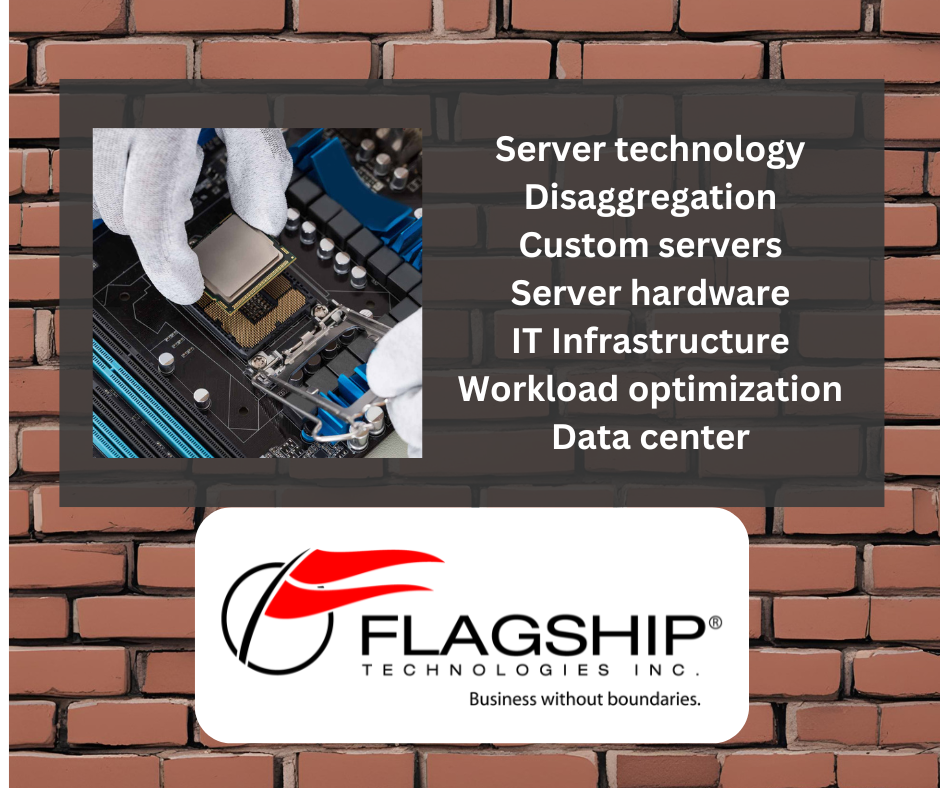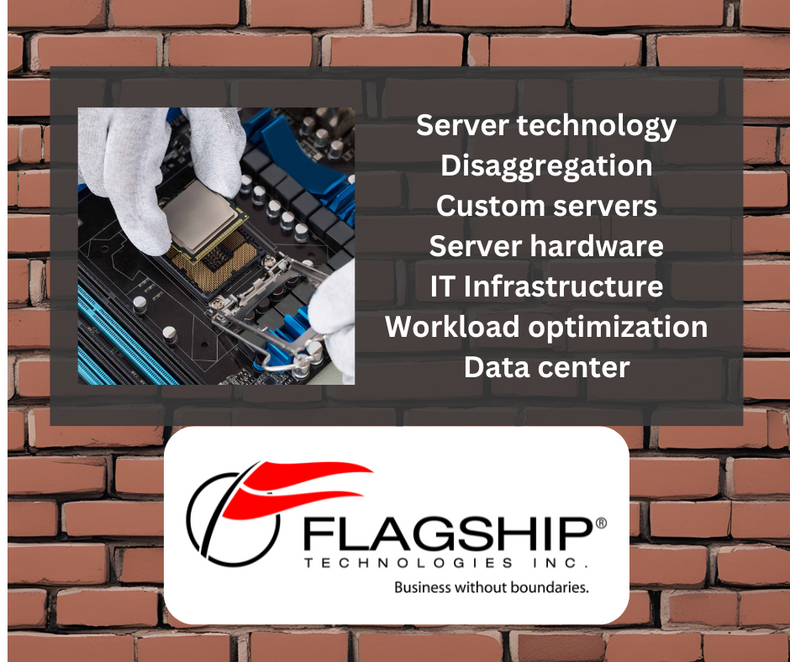
For decades, the server market offered a familiar model: pre-configured boxes with a single vendor controlling every component. But a new trend is gaining momentum - disaggregation. Here, IT departments are breaking free from the one-size-fits-all approach by purchasing individual server components (CPU, storage, memory) and building their own customized machines. This shift towards disaggregation is having a significant impact on the world of custom servers.
Building for the Specific Need
Disaggregation empowers businesses to tailor their servers to specific workloads. Imagine needing a server for a data-intensive application like video editing. In the traditional model, you might be stuck with a pre-built server offering a good balance of processing power and storage. With disaggregation, you can prioritize raw processing power with a high-performance CPU and pair it with a smaller, faster storage solution like NVMe drives. This targeted approach optimizes performance and avoids paying for unnecessary features.
The Disaggregation Balancing Act
While disaggregation offers exciting customization possibilities, it's not without its challenges. Businesses venturing down this path need to consider several factors:
- Increased Complexity: Selecting and integrating individual components requires a deeper understanding of hardware compatibility and performance. Gone are the days of relying on a single vendor for everything.
- Management Overhead: Managing a disaggregated infrastructure requires additional IT resources. Businesses need to invest in tools and expertise to monitor and maintain individual components.
- Warranty Concerns: With multiple vendors involved, warranty issues can become more complex. Carefully review individual component warranties and ensure compatibility guarantees are in place.
Is Disaggregation Right for You?
Disaggregation isn't a one-size-fits-all solution. Here are some points to consider:
- Technical Expertise: Do you have the in-house IT resources to manage a disaggregated infrastructure?
- Workload Specificity: Do your server needs demand highly customized configurations?
- Total Cost of Ownership (TCO): While disaggregation offers upfront cost savings, factor in the management overhead and potential compatibility issues.
The Future of Custom Servers
Disaggregation represents a significant shift in the server market. For businesses with specific needs and the technical expertise to manage it, disaggregation offers a powerful path towards building highly optimized custom servers. However, for those seeking a simpler, managed solution, traditional pre-configured servers remain a viable option. Ultimately, the decision lies in carefully assessing your specific needs and resources.

